Posted on 4/25/2025
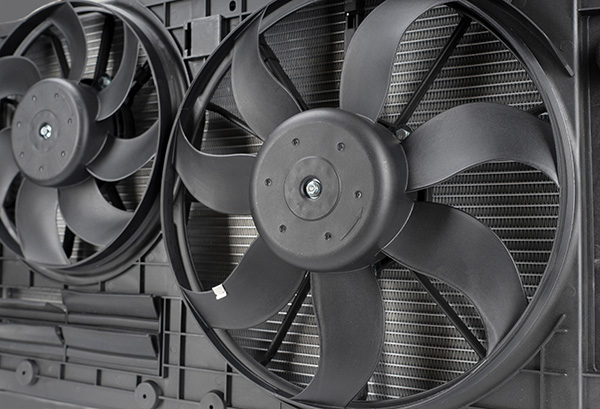
You turn off your car, pull out the key, and start walking away—then you hear it. The engine’s cooling fan is still running. It might catch you off guard, but in many cases, it’s just the system doing its job. On the other hand, if the fan runs for too long or starts behaving differently than usual, it could point to something that needs attention. Modern cooling fans kick in based on temperature, not whether the engine is running. But knowing when it’s normal and when it signals a problem can help you avoid unnecessary wear or unexpected repairs. Normal Operation After Shutdown Under certain conditions, it’s perfectly normal for the fan to keep running after you park. If your engine has been working hard—especially in hot weather, stop-and-go traffic, or while using the A/C—the system may need a little extra time to cool things down ... read more
Posted on 3/28/2025
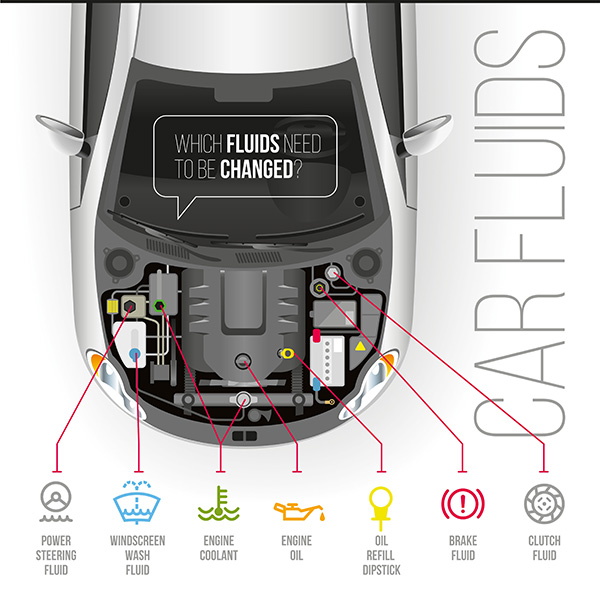
Your vehicle relies on several essential fluids to lubricate, cool, and protect key components. Over time, these fluids degrade, become contaminated, or lose their effectiveness, making regular fluid flushes a necessary part of car maintenance. But with so many different fluids under the hood, knowing which ones need to be flushed and when can help prevent costly repairs and keep your vehicle running. Why Are Fluid Flushes Important Fluids don’t last forever. Heat, friction, and environmental contaminants break them down over time, reducing their ability to protect and clean engine components. If old, dirty fluids are left unchanged, they can cause: Overheating and engine damage Increased wear on moving parts Reduced fuel efficiency Brake failure or transmission problems By following a regular fluid maintenance schedule, you can avoid unnecessary breakdowns and expensive repairs. Engine Oil Your engine relies on oil to keep its internal c ... read more
Posted on 2/28/2025
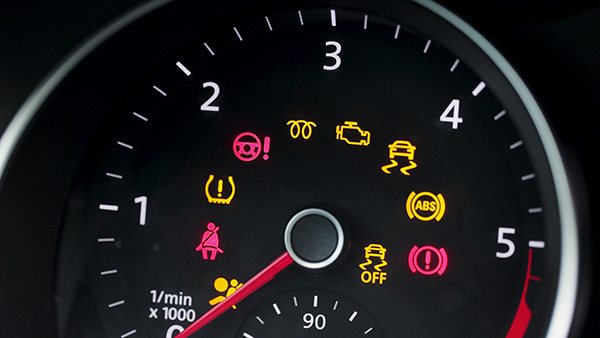
When you’re driving, the last thing you want to see is a warning light flashing on your dashboard. But these lights are more than just annoying distractions—they are your car’s way of communicating potential issues that need attention. Ignoring them could lead to serious damage, costly repairs, or even safety risks on the road. Knowing what these warning lights mean and when to take action can help you prevent bigger problems before they happen. The Check Engine Light The check engine light is one of the most common (and most dreaded) warning lights. It can signal anything from a loose gas cap to a serious engine issue. If the check engine light turns on and stays steady, it usually means there’s a non-urgent issue that should be checked soon. However, if it’s blinking, it indicates a serious problem that requires immediate attention. Common causes include: A failing oxygen sensor A malfunctioning catalytic converter A misfiring en ... read more
Posted on 1/31/2025
%20copy.jpg)
When it comes to car troubles, a blown head gasket is one of the issues that can send shivers down a driver’s spine. It’s often associated with costly repairs and extensive engine damage. But what exactly causes this problem, and how can you avoid it? Let’s unpack the details to help you keep your engine in peak condition and steer clear of a dreaded gasket failure. The Role of a Head Gasket The head gasket is a critical component of your car’s engine. It sits between the engine block and cylinder head, sealing the combustion chamber and preventing oil and coolant from mixing. It ensures your engine maintains the right compression and prevents leaks, which is essential for optimal performance. When this small but vital part fails, the consequences can range from overheating to significant engine damage, making it crucial to understand the factors that lead to a blown gasket. Engine Overheating Overheating is the most common ... read more
Posted on 12/20/2024
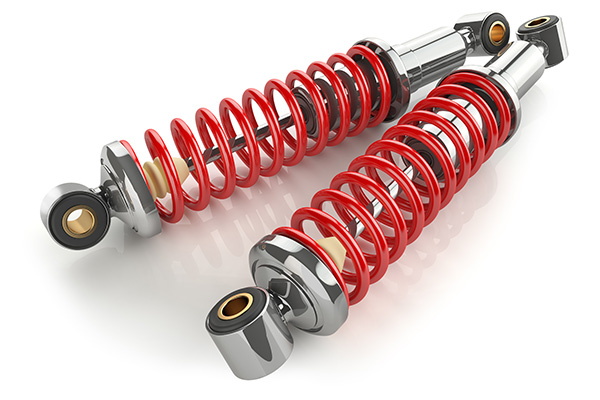
Driving should feel controlled and secure, but when your vehicle’s shock absorbers begin to fail, every trip can feel like a test of endurance. Shock absorbers are maintaining your car’s balance, handling, and overall safety, yet many drivers overlook their importance until something goes wrong. Ignoring the signs of worn or damaged shocks can lead to costly breakdowns and safety hazards. So, how exactly do faulty shock absorbers impact your car? The Role of Shock Absorbers in Your Vehicle Shock absorbers are the backbone of your car’s suspension system. Their primary function is to control the movement of your vehicle’s springs and keep your tires in firm contact with the road. Doing so prevents excessive bouncing and ensures consistent handling, even on rough surfaces. Beyond providing comfort, shock absorbers are critical for safety. They stabilize your vehicle during turns, braking, and acceleration, allowing for precise control in all dr ... read more
Posted on 11/29/2024
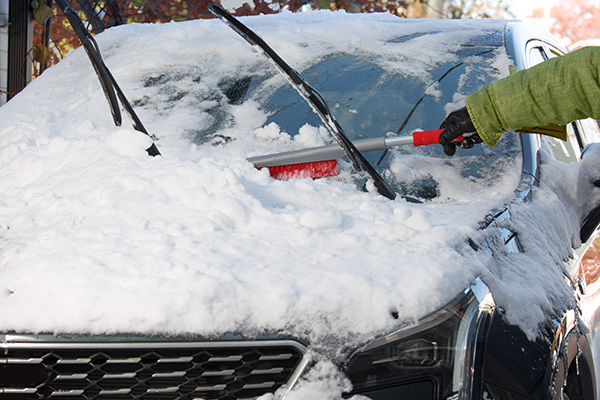
Winter is around the corner, and as the days get shorter and temperatures drop, your vehicle needs extra care to handle the season’s harsh conditions. Whether you’re navigating snowy roads, dealing with icy mornings, or just trying to keep your car running through those freezing months, there are several winter car maintenance tips to keep in mind. Cold weather can take a toll on your vehicle, and being proactive can save you from unexpected breakdowns. So, what key areas should you focus on to ensure your car is winter-ready? Don't Get Stranded There’s nothing worse than a dead battery on a cold winter morning. Your car’s battery has to work harder to start the engine in low temperatures, which can lead to faster drain and potential failure. The cold weather can also slow down the chemical reactions inside the battery, reducing its efficiency. To avoid getting stranded, have your battery tested before winter sets in. Most auto shop ... read more
Posted on 11/7/2024
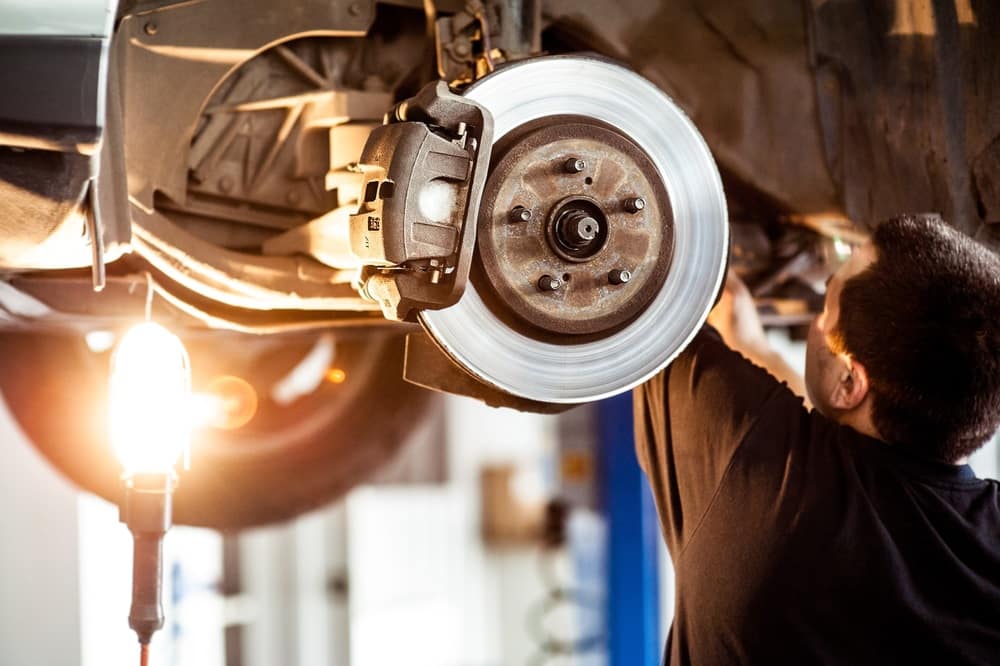
When should you consider a Brake System Repair or a Tune Up Service Alexandria? Your car might be trying to tell you! Subtle signals like squeaky brakes or rough idling are more than annoyances; they hint that it’s time for a tune-up. Ignoring these could lead to costly repairs down the line. Let’s dive into these signs to help you decide if your vehicle needs professional attention now. 1. The Need for Brake System Repair One of the most obvious signs that you need a Brake System Repair is unresponsive brakes or squealing sounds when you stop. Brake systems are designed for smooth, silent stopping, so any noise indicates trouble. Grinding noises often mean your brake pads have worn down, which can damage the rotors if not addressed. Similarly, if your brakes feel “spongy,” it might signal low brake fluid or worn components that could compromise your safety. 2. U ... read more
Posted on 11/7/2024
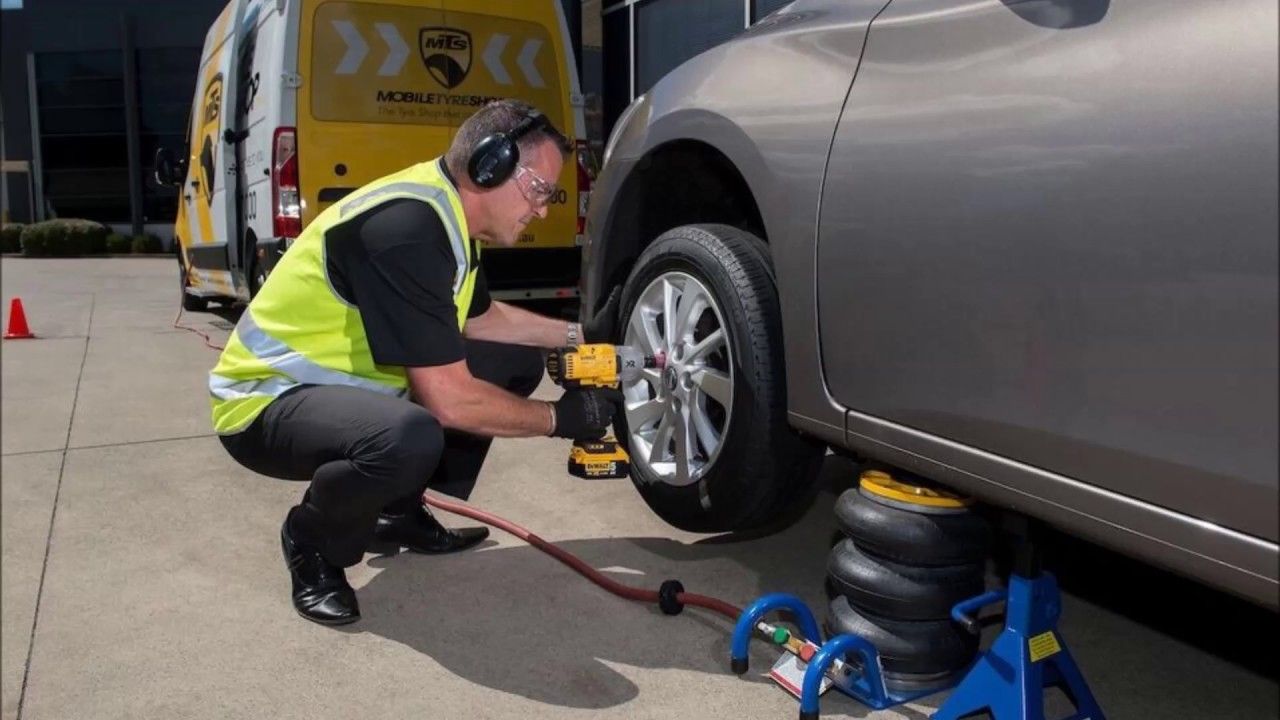
Why wait for warning lights when a timely oil change in Alexandria or tire repair Alexandria could keep you safely on the road? Car care may seem like an afterthought, but proactive maintenance can save time and money. Regular oil changes and tire checks are essential for your car’s longevity, but is there a “right time” for these services? Explore the advantages and potential downsides of keeping your car’s essentials up-to-date. The Importance of Regular Oil Changes Oil is the lifeblood of your engine. Routine oil changes reduce friction and heat, preventing premature wear on engine parts. Skipping them can lead to costly damage, so regular changes are essential for anyone who wants their vehicle to go the extra mile. Extended Engine Life: Fresh oil better lubricates your engine, reducing wear and helping extend the engine’s lifespan. Better Mileage: Cleaner oil leads to less engine strain, which ... read more
Posted on 11/7/2024
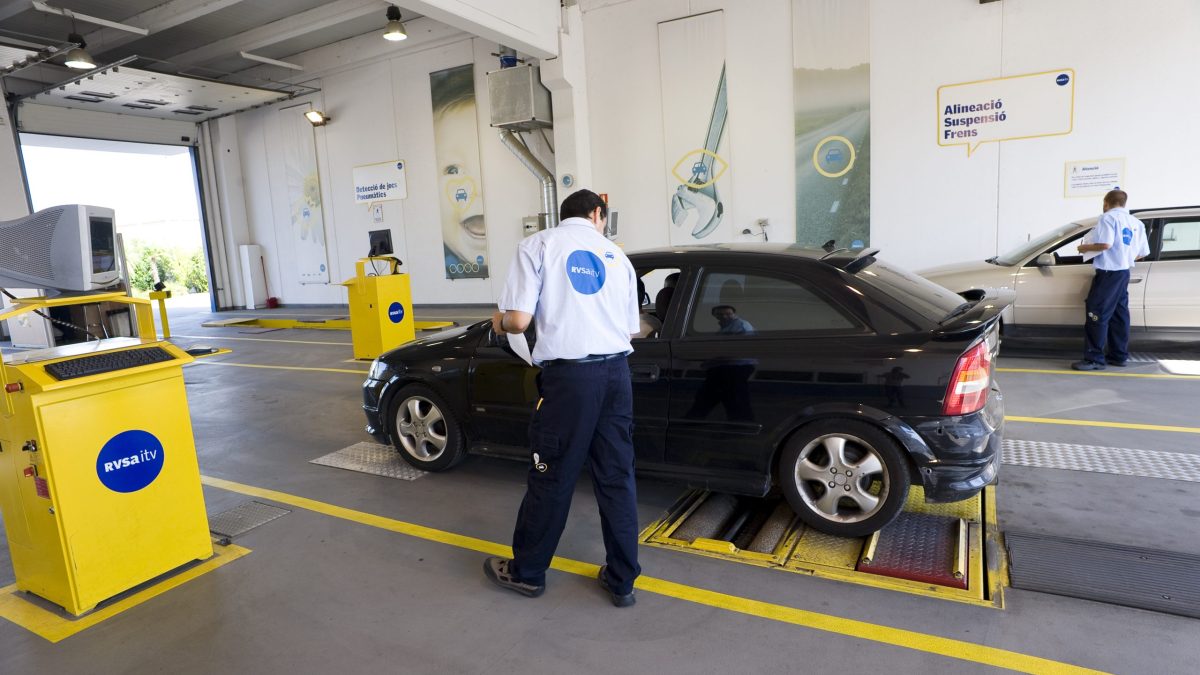
When it comes to vehicle maintenance, why is State Emissions Testing Alexandria such a critical part of keeping your car in top shape? This question often puzzles drivers, especially those who may view emissions testing as just another routine task. However, emissions testing isn't merely about passing another inspection. Emissions testing directly contributes to your car’s overall health, reduces harmful pollutants, and ensures your engine performs at its best. Thus, it supports both your car's longevity and a healthier environment. How Does State Emissions Testing Work? State emissions testing in Alexandria involves analyzing your vehicle's gases to ensure it meets specific state standards. The test checks for pollutants like carbon monoxide, nitrogen oxides, and hydrocarbons that your car might release. These emissions are typically monitored with an onboard diagnostics (OBD) system designed to detect and report any abnormalities in your car&r ... read more
Posted on 11/7/2024
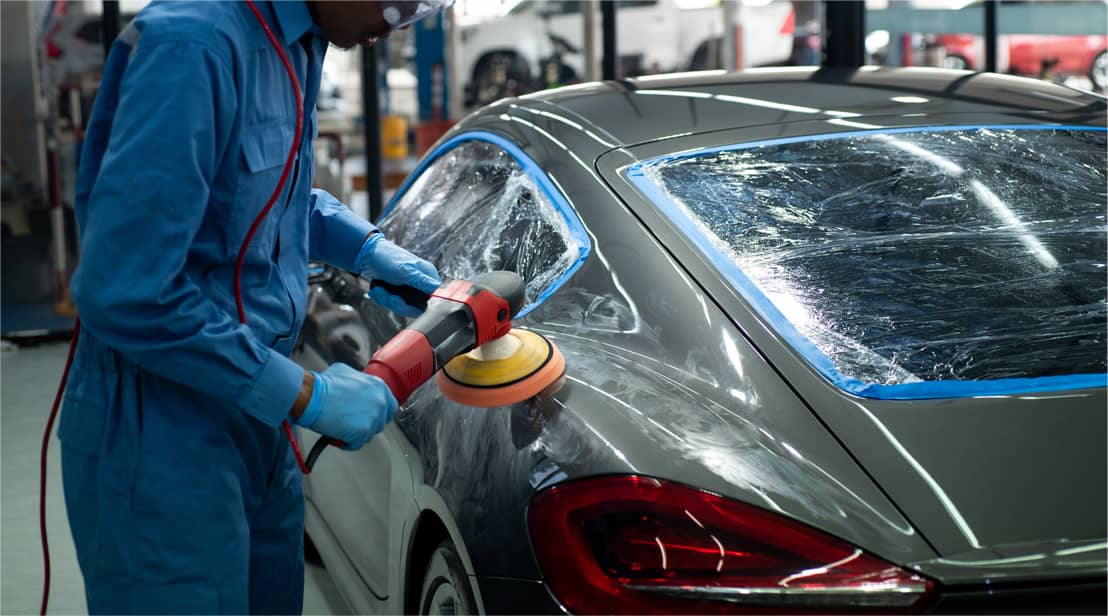
Why do vehicle inspection near me and Auto Body Painting matter so much for your car's performance and look? These services are essential for keeping your car safe and maintaining its appearance. With over 50 years in the automotive industry, Yates Automotive in Alexandria offers trusted expertise that keeps vehicles functional and stylish. Every vehicle needs a routine inspection to ensure everything from the brakes to the engine is running smoothly. A Vehicle Inspection Near Me is more than a formality; it’s a vital step to detect potential issues before they lead to costly repairs. Regular inspections provide peace of mind and ensure your car complies with state safety standards. Key Elements Checked During a Vehicle Inspection During a Vehicle Inspection Near Me, technicians examine critical parts of your vehicle. Here are some essentials often covered: Brakes ... read more